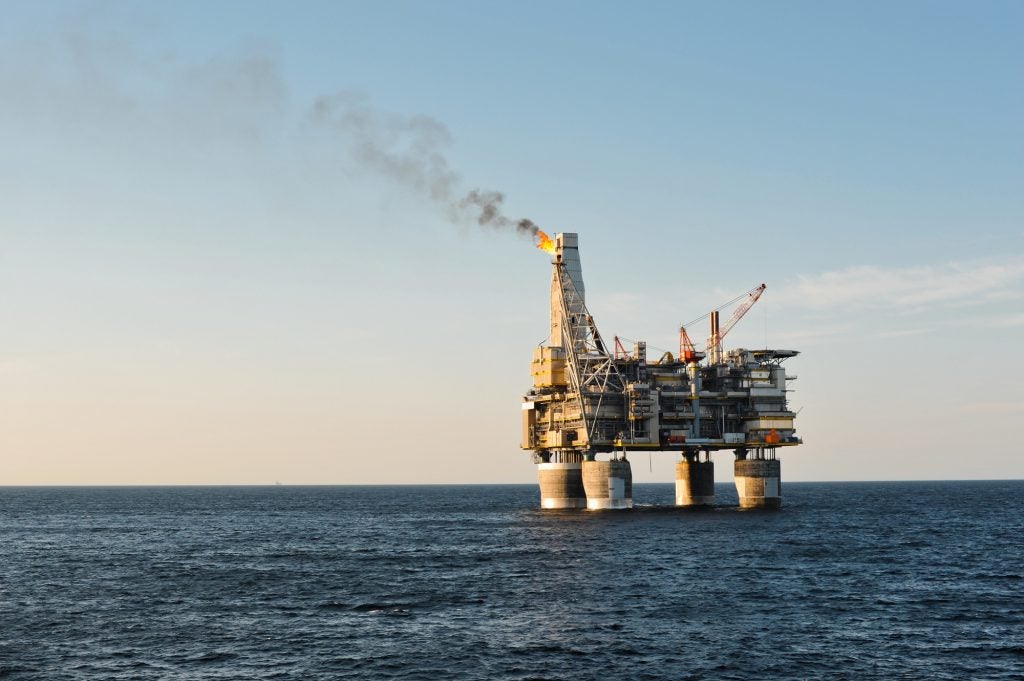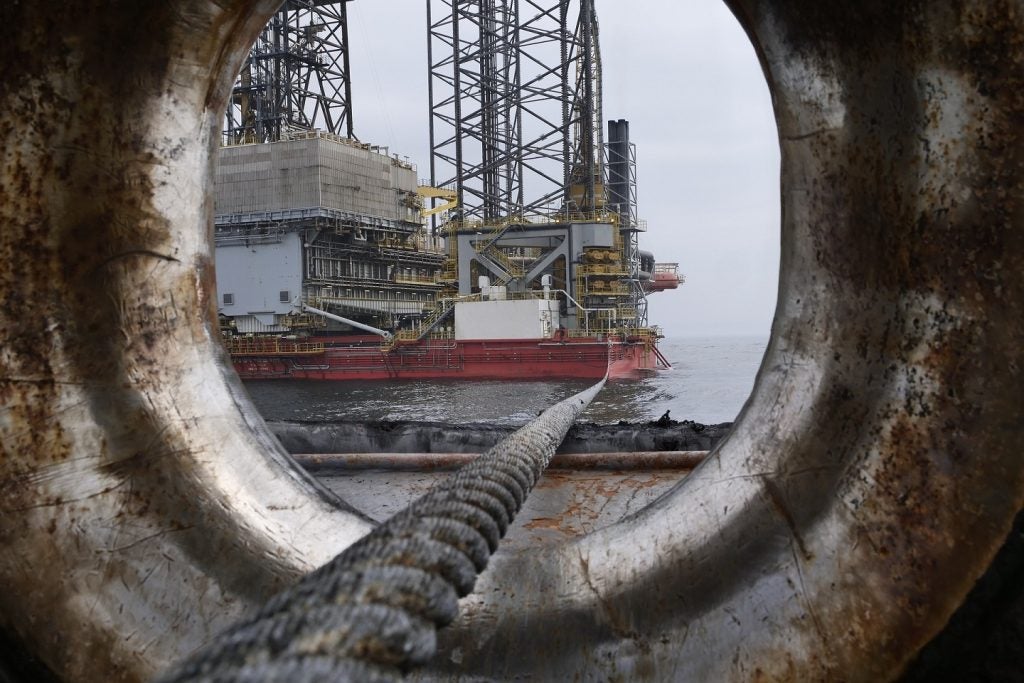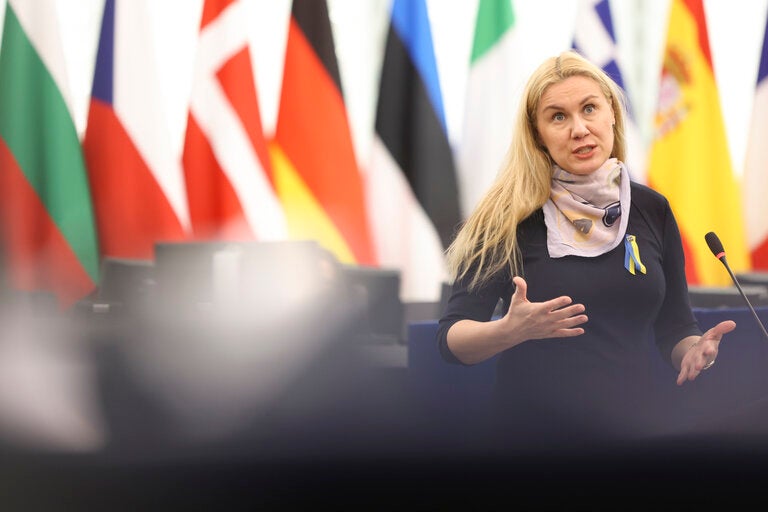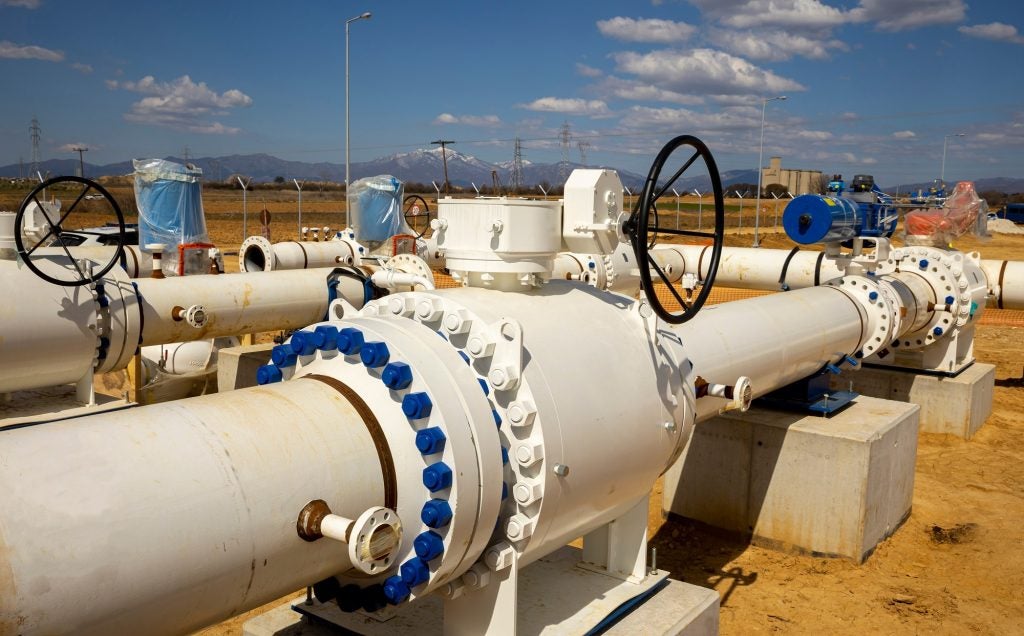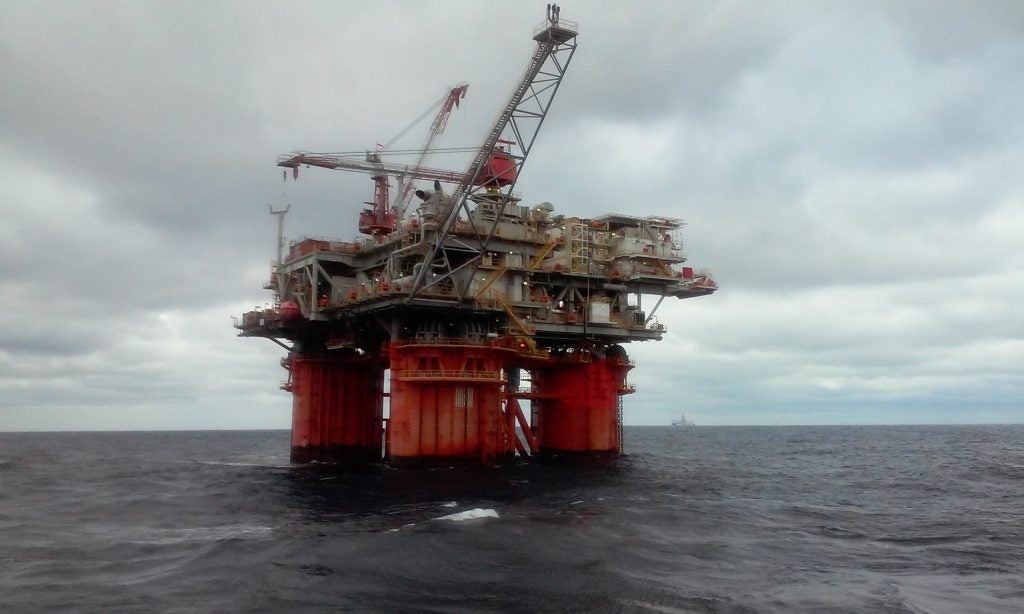Denmark is looking to offer DKr 26.8bn ($3.93bn) as government support to carbon capture and storage (CCS) projects, reported Reuters.
The financial aid, which will be offered over the period of 15 year, will support the projects that can capture and store 2.3 million metric tons of carbon dioxide (CO₂) emissions annually.
The nation has established a goal of having net zero carbon emissions by 2045, and CCS technology is seen as essential to achieving that goal.
CCS should contribute to a minimum 3.2 million tonnes of CO₂ emissions reduction in Denmark by 2030.
At a press conference, Denmark Climate, Energy and Utilities Minister Lars Aagaard said: "We need to reduce the risk of not achieving our ambitions. This is the government's response."
"This will mean that more actors can bid and thus create greater certainty that CO₂ capture and storage can deliver its share to meet the CO₂ reduction targets," the ministry was quoted as saying in a statement.
It further said that the new projects need to start operating by 2029.
Earlier in May this year, Denmark granted DKr8bn to energy company Orsted to capture and store 0.4 million tonnes of CO₂ annually from two heat and electricity plants for two decades.
To capture and store 0.9 million and 1.4 million tonnes of CO₂, it will now set aside DKr10.5bn for a tender in June 2024 and DKr16.3bn for a tender in 2025, respectively.
In February, the Danish government awarded its first CCS licences to TotalEnergies and a group of Wintershall DEA and Ineos E&P.





